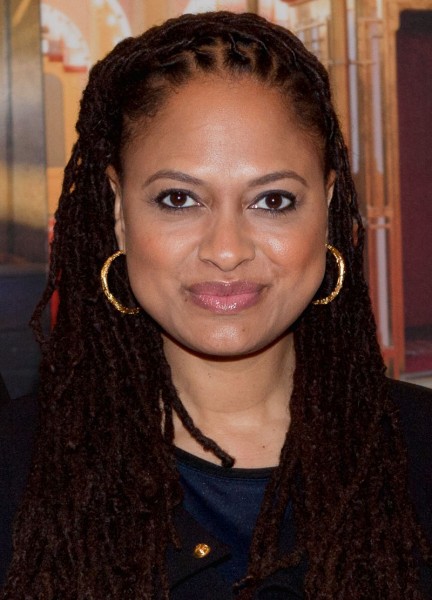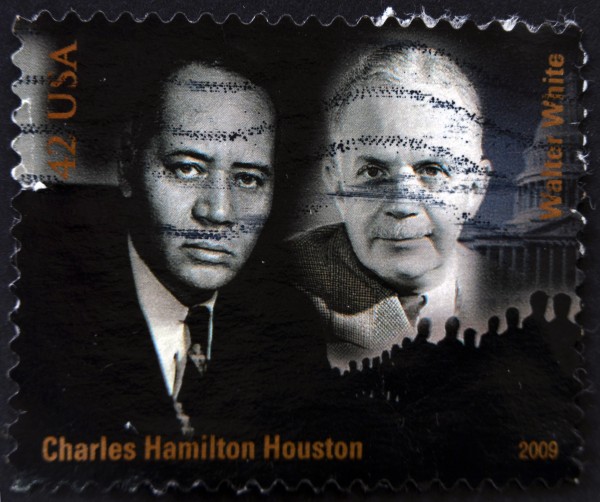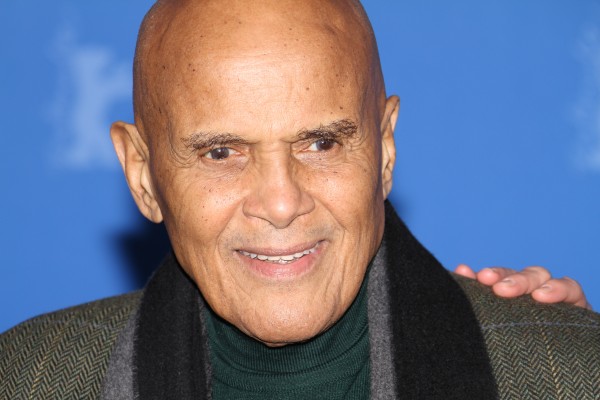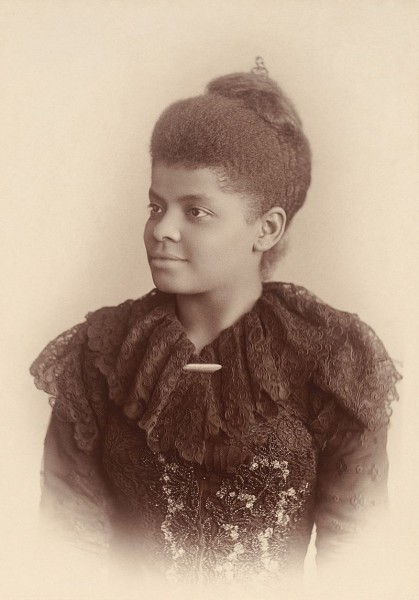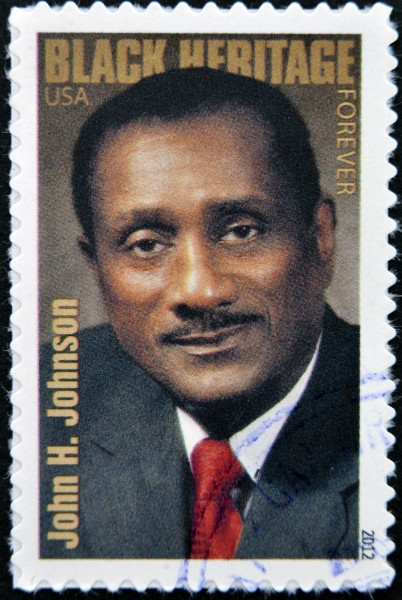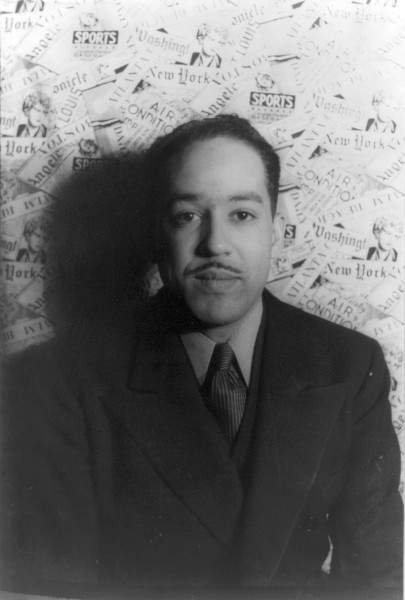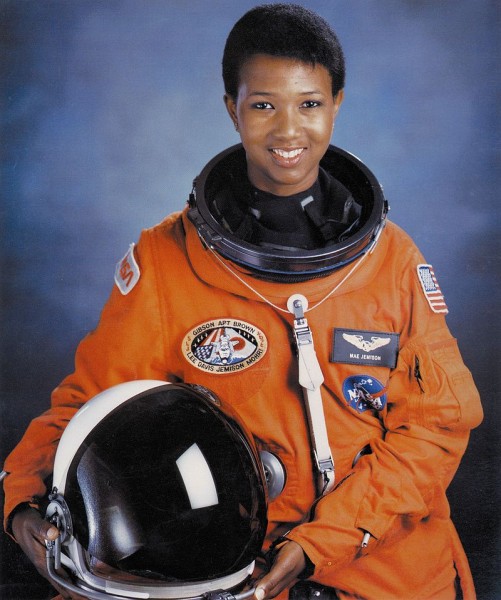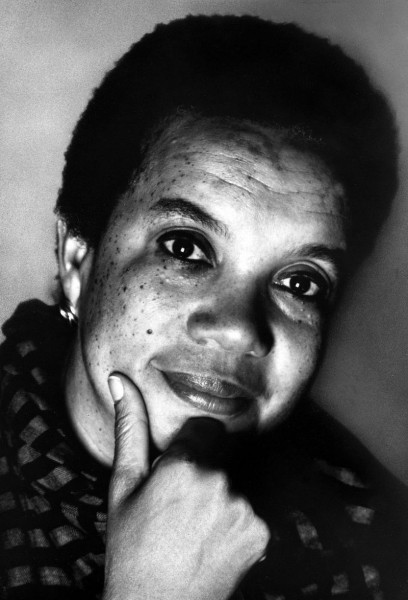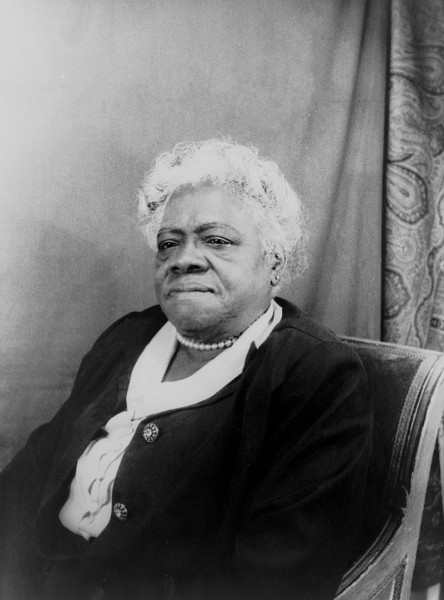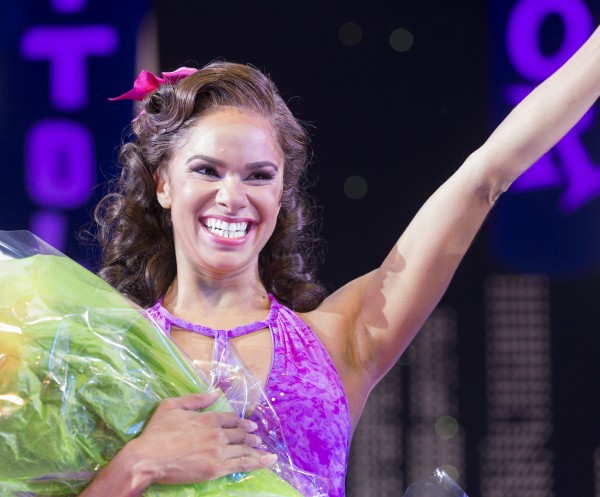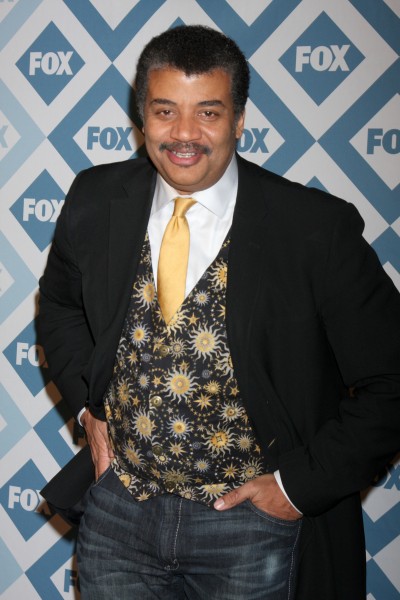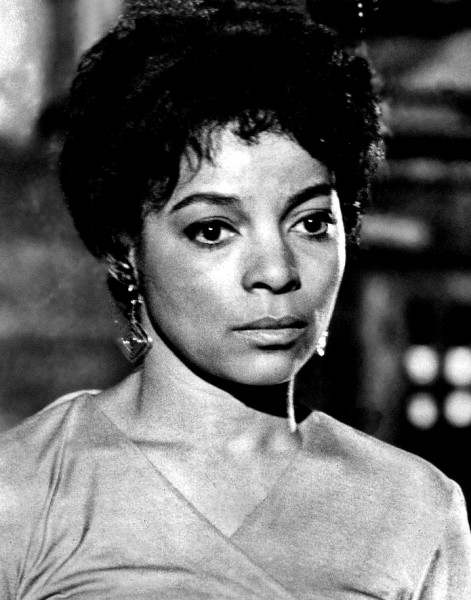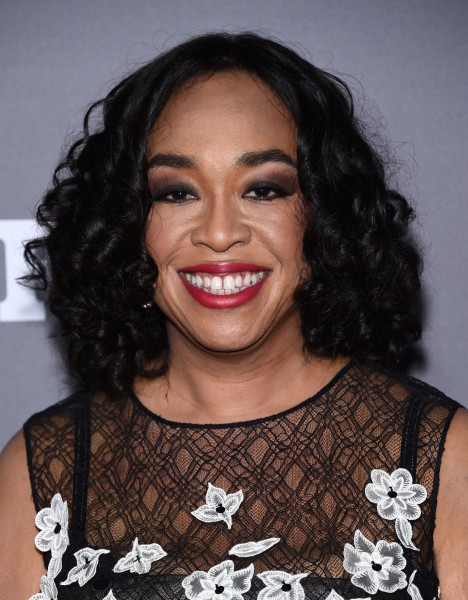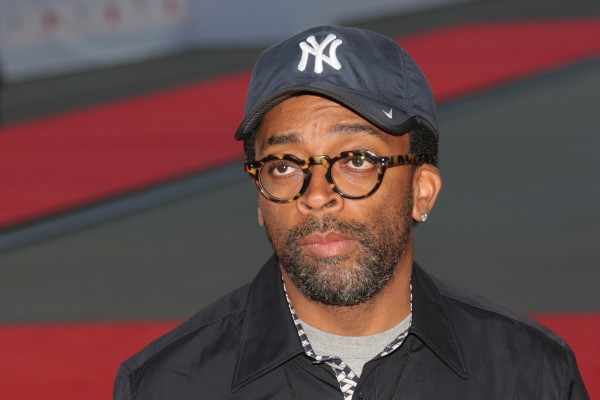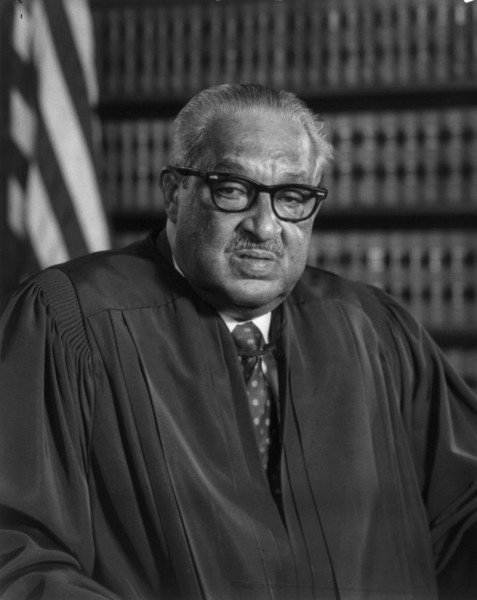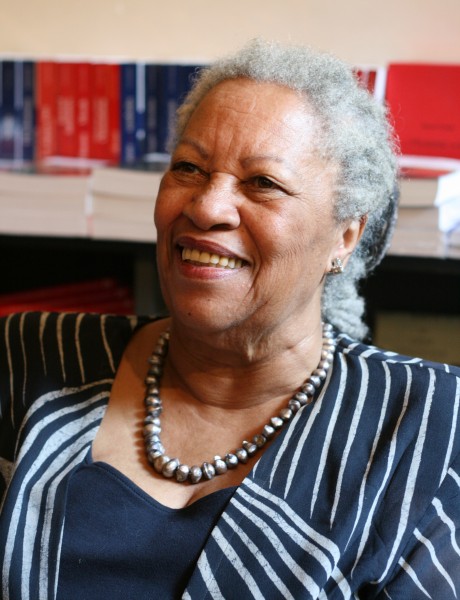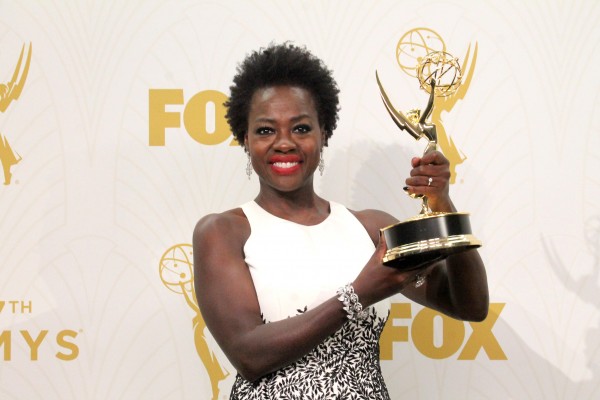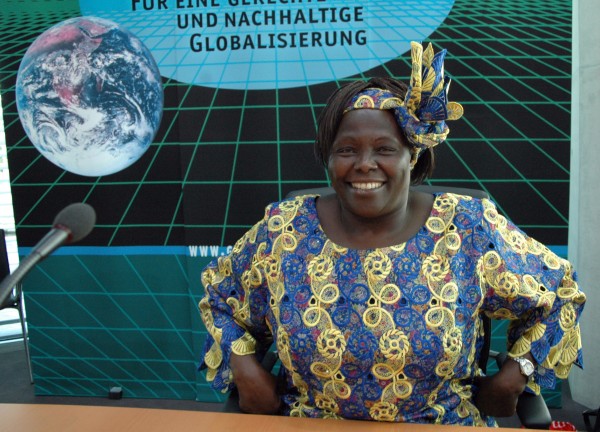Ours was a multicultural home even before adoption: I am Latina, and my husband is proud of his Italian heritage. Last spring, we adopted a baby girl who is part African American. Being able to see your race reflected in the community around you and in positions of power and leadership is particularly important for children who have been transracially adopted. February is Black History Month, and it’s a great time to educate your family about black leaders that you may not have been aware of before. It was difficult to keep this slideshow to only 20 people! I tried to focus on historical figures who are less-frequently discussed and current innovators that our children can look to as mentors.
Tell me in the comments who some of your favorite leaders are!
